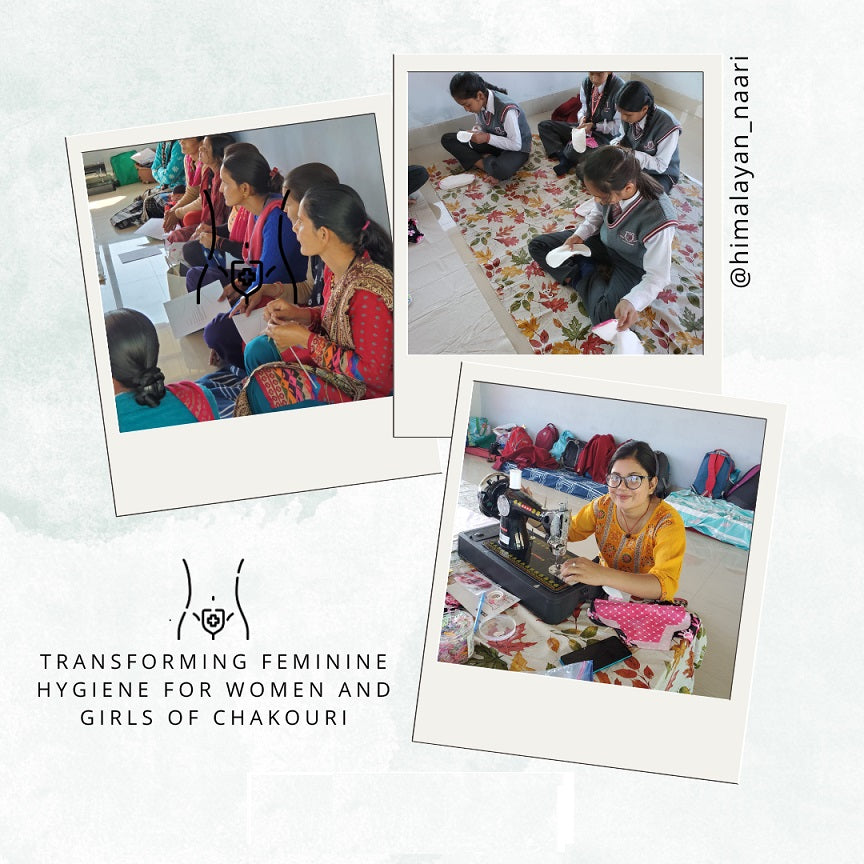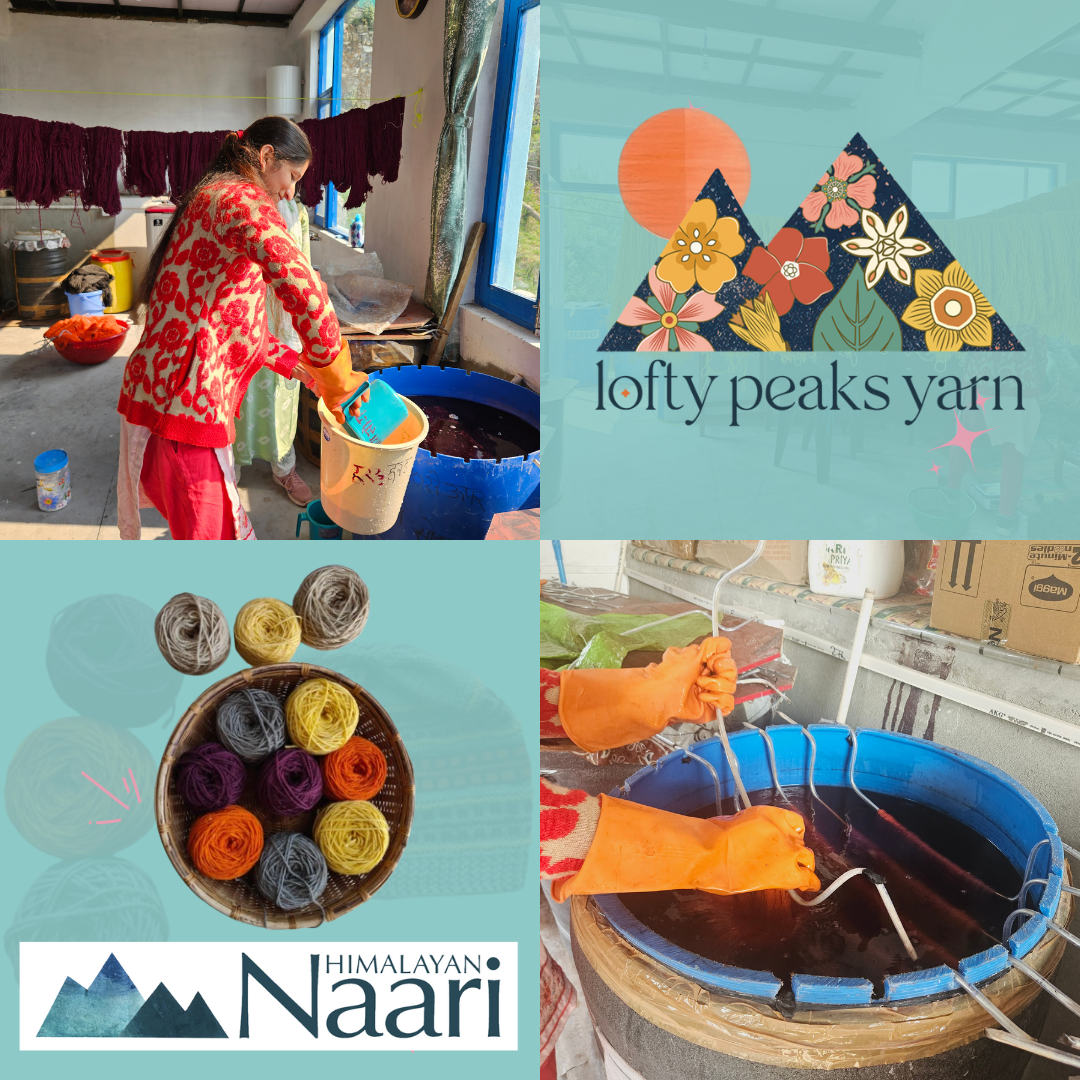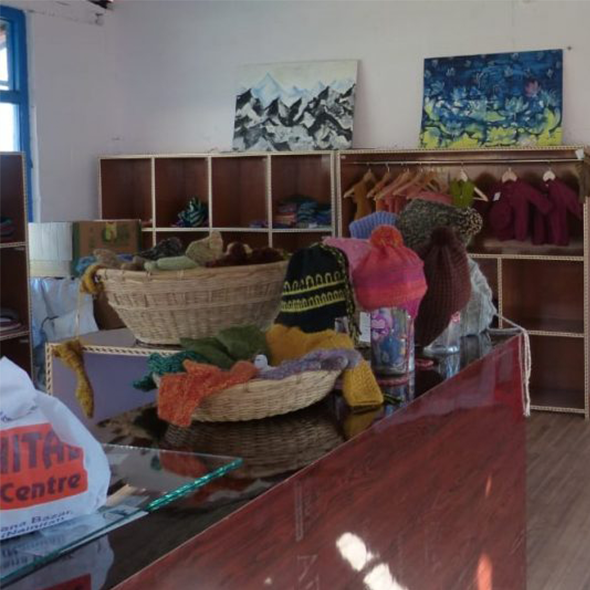Transforming Feminine Hygiene for Women and Girls of Chakouri


Last November groups of women and girls gathered in a classroom at Himalayan InterCollege to learn how to sew a product radically different than any that they had made before, one that could be potentially transformative for their community—reusable menstrual pads.
Menstruating women in India have long had to live under severe restrictions. They are considered impure and are often excluded from social and religious events, sometimes even from their own kitchens. In some rural and tribal communities, women must stay in separate menstrual huts when they get their periods.
Consequently, rural Indian women have had little access to information about menstrual hygiene. Even if they did, pads and tampons are too costly for most families, and too hard to obtain—few if any stores sell them. In some parts of India, though not Chakouri, women and girls must resort to mud, scraps of cloth, and cow dung to absorb their flow.
There is also the environmental impact. Every year, around 12.3 billion used sanitary pads are dumped in landfills in India, and it takes hundreds of years for them to decompose. In a country with more than 600 million women, and a fifth of the world’s youth demographic, better options are desperately need.
In Chakouri, girls did not have access to pads at school and some girls missed classes because of their periods. Menstruation was not talked about openly, but rather was hidden and shameful.
Himalayan Naari is seeking to provide healthy options, starting with the women and girls in its community of Chakouri. With a grant from PaxWorks, a foundation that seeks to empower women and girls around the world, Naari launched the Washable Reusable Pads project in 2021.
In October of that year free samples of reusable pads were distributed at a feminine health education camp for high school girls and women in the community, and a trial of pads made by BGVN in southern India was conducted the spring and summer of 2022. Naari’s women redesigned those pads, with the aim of making them more comfortable to wear and able to accommodate a heavier flow.
Naari reached out to Sewpportive Friends, a non-profit originally started in 2016 to provide hygiene products for girls and women in sub-Saharan Africa. It has since expanded its mission to address health, education, and gender equality for girls throughout that region.
Sewpportive founder and president Julie Phippen, with assistance from M’lue Zahner, came to Chakouri in November to lead five classes on how to make the pads, attended by both students from Himalayan InterCollege and the women of Himalayan Naari.
“It was wonderful to see how motivated they were, and really quick learners. I just had to show them the basics and then they kept going,” Julie said. “The girls from the school were especially eager, and so many of them wanted to learn more about feminine hygiene. I got the nicest messages from so many of them, thanking me.”

In fact, new groups of women are so eager to learn how to make the pads that Devbala Bisht, the principal of Himalayan InterCollege, has asked Julie Phippen return to teach more workshops. And Sewpportive recently donated 14 sewing machines to Himalaya InterCollege for their sewing and pad-making projects.
The absorbent pads are made from hemp or bamboo fleece, both of which are naturally anti-microbial, anti-fungal, and highly absorbent. A waterproof fabric is on one side, with a pocket sewn on where the absorbable pad is inserted. The pads can last 18 to 24 months if properly washed and dried and offer significant financial savings: a disposable pad costs 30-40 rupees for a one-time use, while these pads can last for 40-50 uses.
In addition to learning pad making, Himalayan Naari is purchasing washable re-usable pads from BGVN, thanks to support from Paxworks. Each woman has the option to purchase up to 10 pads at a deeply discounted rate and each graduating high school girl is being given a “starter pack” of ten pads when they graduate.



